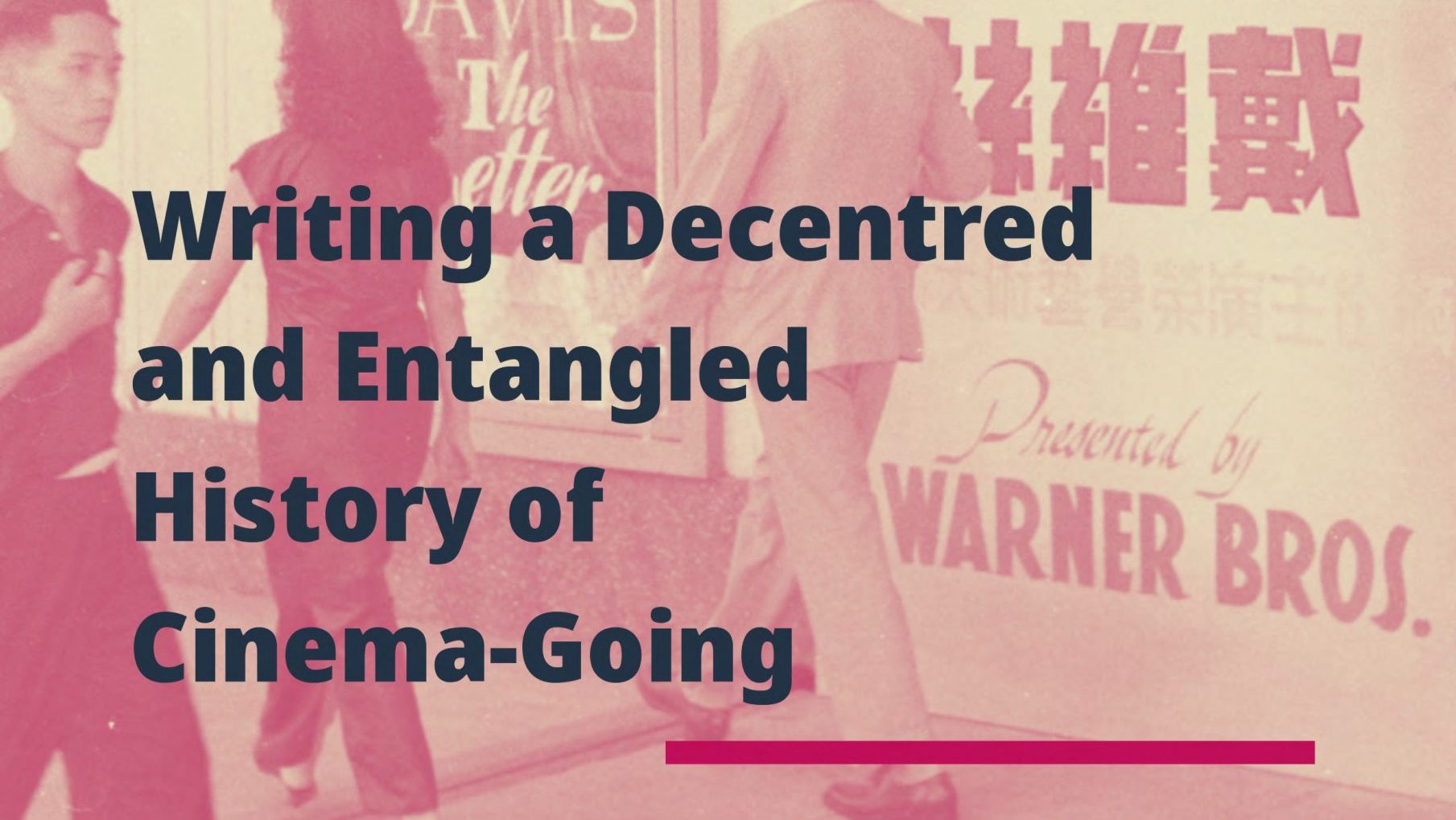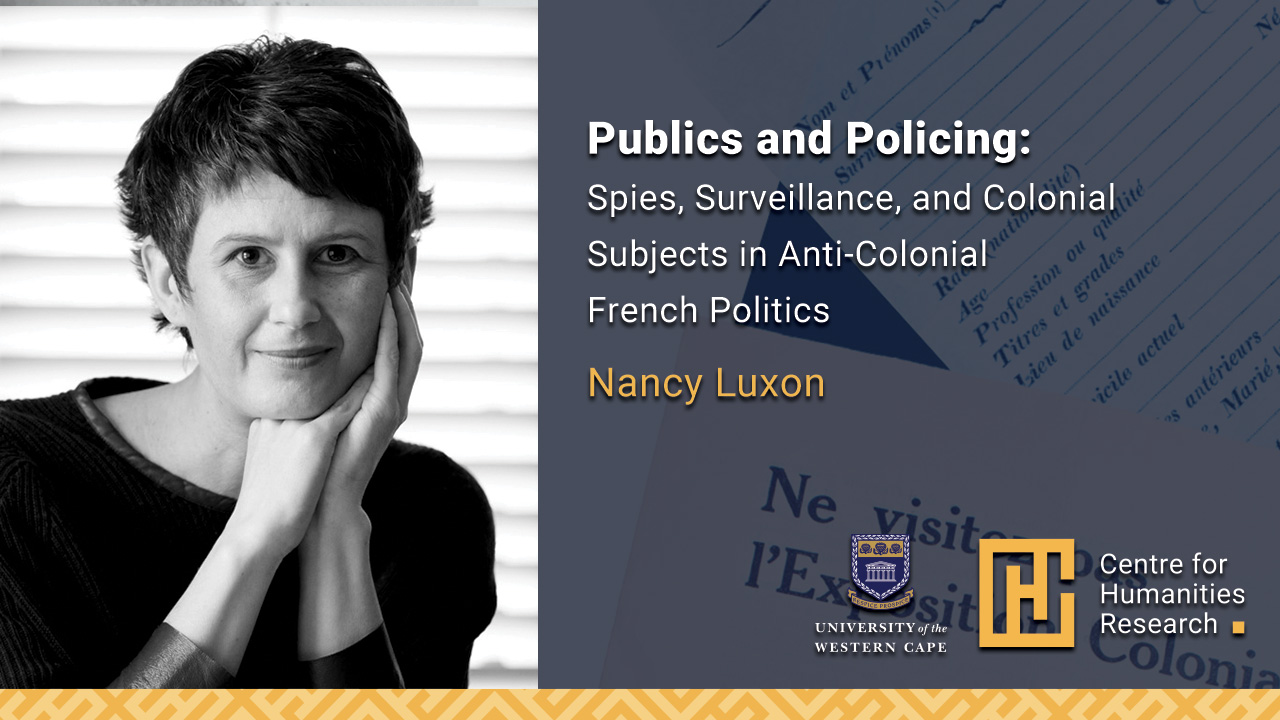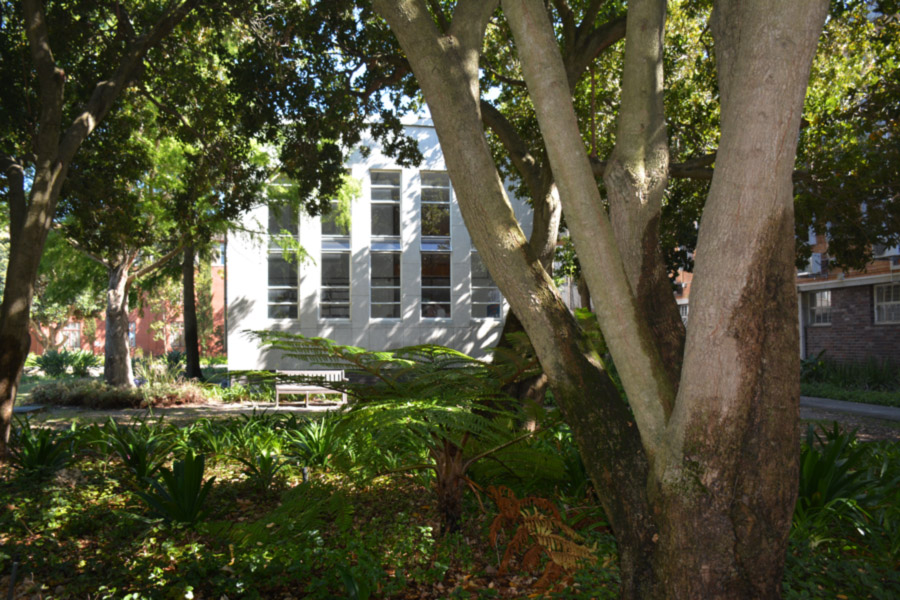
Fernanda Pinto De Almeida
Senior Researcher
Fernanda Pinto de Almeida works in the intersections of regulation of leisure and urban order in early twentieth-century South Africa. Her research draws from history, sociology, critical theory and cultural studies to examine the role of the state in shaping mass media, particularly film and the policing of cinema houses. By exploring themes of colonial governance, social control and urban planning, she is interested in the broader implications of the intervention of the state and industrial capital in aesthetic practices.









